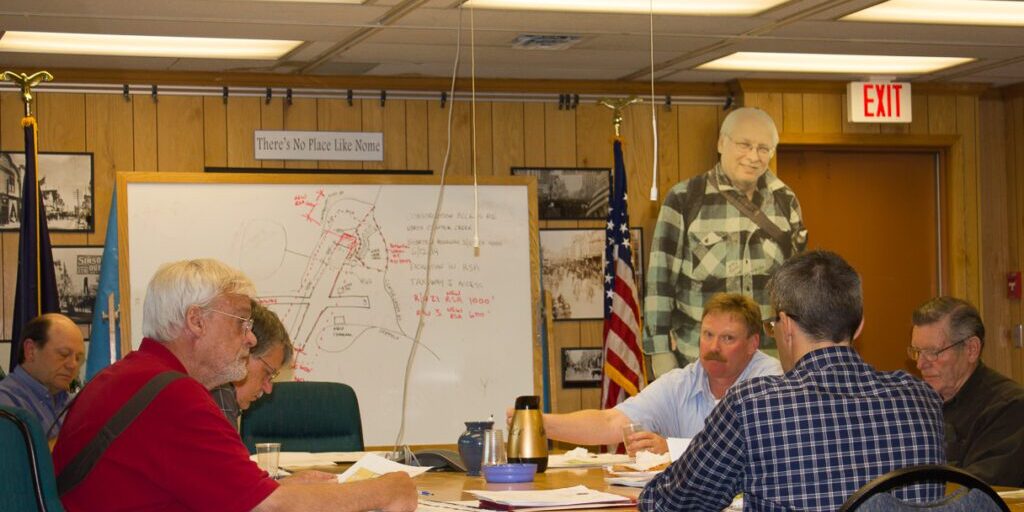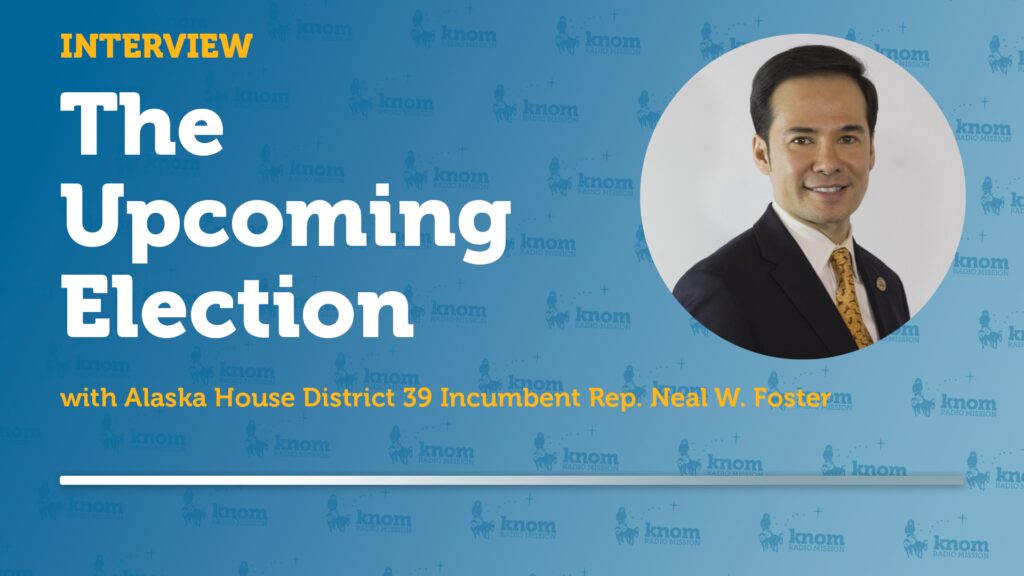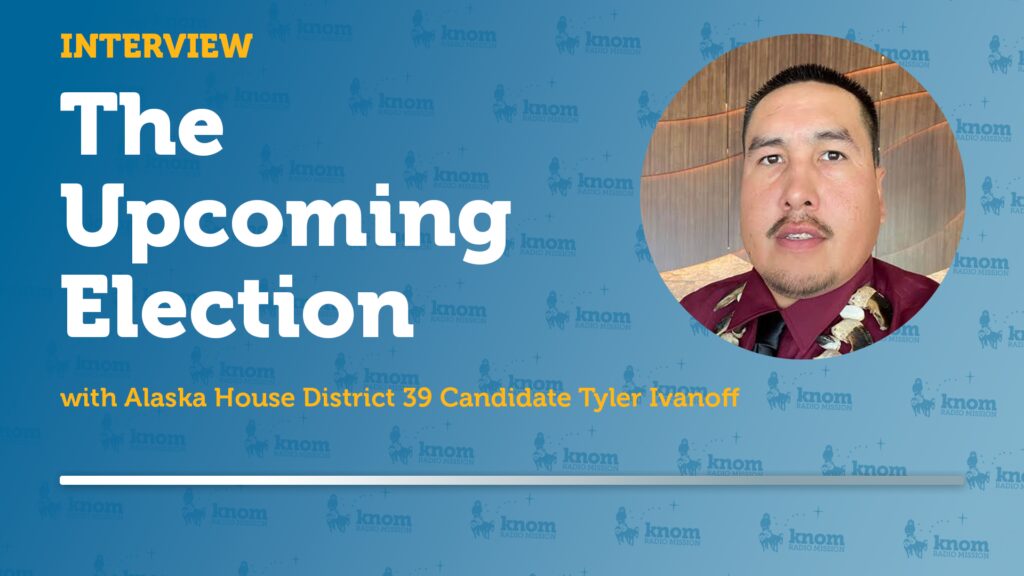Plans for Nome’s new museum and library in the proposed Richard Foster Building will move ahead, with pilings set to be in the ground by this fall, after a City Council vote during its regular meeting Monday where members opted to not expand alcohol and tobacco taxes and tabled discussions over the council’s mishandling of a controversial city contract for emergency vehicle maintenance.
At a work session ahead of the meeting, the council was updated on plans and funding for the Richard Foster Building.
“We have a plan, a contingency plan, and then that is the ultimate fall-back plan,” explained Brian Meissner with HCI/Hyer, the firm designing the project and managing it’s construction. “So, I wanted council and the members of the public to hear that: things are looking quite good on the project.”
Meissner said even though there’s a sizable chunk of money yet to be found, those are dollars for late-stage work on displays and storage space. At the current funding level the library, museum, and Kawerak’s Beringia Center will all be able to move in. Though some council members were reluctant to support letting the city manager order materials to move construction forward, the measure was voted in unanimously.
That same fiscal scrutiny cracked apart when council members were asked for a slight raise to the alcohol and tobacco tax slated to go before Nome voters this fall.
“So there’s some pretty staggering statistics concerning the burden that alcohol has on our community,” explained Lisa Ellana with an alcohol task force during public comment. “There’s the economic burden from us having to deal with service-wise the problems associated with binge and heavy drinking in our community.”
Ellana was one of several members of the public who presented evidence of the secondary costs arising from alcohol abuse in things like ambulance trips and overnight detention, an economic argument she and others made to bolster calls to raise the “sin-tax” slightly above the existing proposal of eight percent up to 10 percent. That would be enough, advocates argued, to recover a larger share of the budget going to secondary costs, while seizing on the opportunity to raise prices as a way of deterring youth from beginning to abuse alcohol and tobacco.
One of the biggest supporters of a larger tax boost is police chief John Papasadora, who gave detailed numbers on how much his department spends responding to alcohol-related incidents.
“Our arrests happen almost straight across the board—they can happen in the street, they can happen in the home, they can happen in a stairwell. It doesn’t matter: they’re all alcohol related. And the alcohol that’s being sold–whether it’s in a package store–is what’s fueling that fire,” Papasadora said at the end of his remarks, which brought forward an unusual applause from the crowd.
A local barkeep aslo told the council he thought the 10 percent measure was acceptable.
“You’re probably gonna be a little bit surprised but I really don’t care about the taxes,” said Ron Locke, owner of Breaker’s Bar. “If you’re gonna raise ‘em, you’re gonna raise ‘em.”
But the measure to let voters decide on whether 10 percent is too steep did not pass, and was voted down by three council members—Stan Anderson, Louie Green Sr., and Tom Sparks. Council members Anderson and Green repeatedly cited a lack of fairness in making responsible drinkers and bar owners pay for the mistakes of a few. The raise to go before voters will stay at eight percent.
At stake were two competing views over what a tax on sin should be: a way to balance the budget, or a chance to deter youth from starting to smoke, drink, and engage in high-risk behaviors. Council members who had initially supported the tax as a purely economic measure now say they’ve been persuaded by the strong community support to tackle larger health problems.
Councilman Anderson was vocally opposed, and told the council that if revenues were the issue, the city has many other potential sources it can pursue, including trimming the budget. Those two points stand in stark contrast to a June 10 meeting where Anderson voted to approve a city budget only after having reviewed it line by line to personally verify nothing more could be cut.
“If I counted correct we have 15 buildings we’re taking care of. And researching I think we’re taking care of about 26 miles of road, does that sound about right?” Anderson asked more than a month ago, using his comments to also address future funding items. “And the other thing—the fire department sooner or later is gonna need a new fire truck. And the idea that we’re gonna be getting grant money to subsidize our budget is, I think, is over.”
The inconsistency in Anderson and others’ voting was brought up in councilman Matt Culley’s closing remarks. After several council members reversed earlier votes of support for a low-bid contract for maintenance to city vehicles, citing murky ordinance violations without established evidence, Culley accused them of acting improperly.
“Where it comes to the vehicle comment: I am disappointed, and I’m actually embarrassed at the council,” Culley said by phone. “I think Rolland should have got that bid on his qualifications, on our RFP, and on what was put in front of us, because we are not the judge and jury, we have due process for that. And the city council should not have presumed guilt to hold off on that contract.”
That contract was put forward by business owner Rolland Trowbridge, KNOM’s chief engineer, and as per brief council discussion last night is set to be the focus of a work session scheduled for Thursday, July 24th at noon in council chambers.







